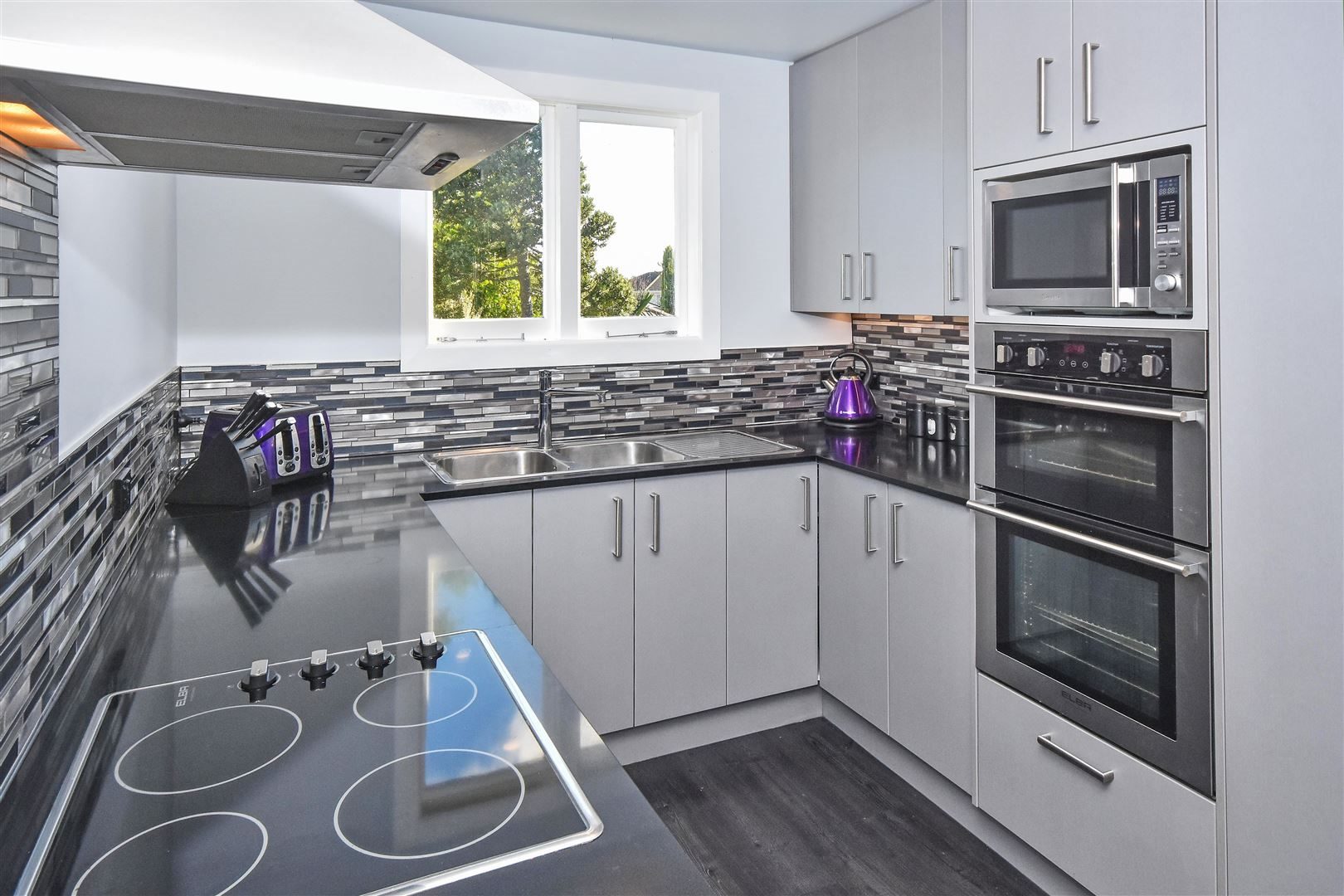Can I have an Open Homes/Private viewings:
These are not considered essential services so cannot take place in person. They could take place via online virtual tours or video conferencing type software, where people aren't required to leave their homes and no in-person contact occurs
What if my house is due to settle during the lockdown?
In lock down, vendors and purchasers will not be able to move in and out of their houses. For this reason, Auckland District Law Society is recommending that settlements be deferred until after the Alert Level 4 restriction is lifted. The party's lawyers will make appropriate amendments to the contract to facilitate this
What if I need to move during the lockdown period?
Travel will be restricted to essential travel only e.g. pharmacy/supermarket trip, so settlements and moving house should be deferred until after the Alert Level 4 restriction is lifted. The parties lawyers will make appropriate amendments to the contract to facilitate this
For rural sales and tenanted property sales: Auckland District Law Society have considered situations where sales may not involve people leaving their home or any in-person contact (e.g. where a property is tenanted and the tenancy will continue after settlement) and have advised that whilst settlement can occur where no one has to have contact, purchasers and vendors may encounter difficulties when trying to get A&I, mortgage instruction, and other legal forms issued and signed. So, deferring settlement may still be the safest option. We would strongly recommend that the parties seek and follow the advice of their lawyers and not assume settlement can or will be able to occur. Physical property inspections cannot occur when we are under Level 4 lockdown
Can I bridge finance:
Vendors/purchasers should talk to their bank or financial services provider in the first instance
What if I have a conditional contract on a property?
These can still be confirmed during lockdown provided no travel/face-to-face meetings are required. If the condition(s) cannot be met during the Alert Level 4 period, then both the buyer and seller should take legal advice and either extend the condition until after the lockdown period or cancel the contract. The party's lawyers will make appropriate amendments to the contract to facilitate this
What if I need to arrange a pre-settlement inspection?
These are unable to take place in person during lockdown, however, if both parties agree, these could take place using video conferencing
Property Management
Rental Viewings:
These are not considered essential services so are unable to take place during lockdown unless done by virtual reality tour or pre recorded video/photos or other technology. If tenants need emergency accommodation, they should contact Work and Income
Routine inspections:
These are not essential services, so should be deferred until after the lockdown period in consultation with the landlord and their insurer
Routine Maintenance:
As this is not an essential service it should be deferred until after the lockdown period in consultation with the landlord
Urgent Maintenance:
If this is related to essential services e.g. power, water, waste, gas then it is likely this can be undertaken during the lockdown period. However, we are awaiting confirmation from MBIE on this matter
Rental increases:
Cabinet has agreed to freeze all rent increases. Rent still needs to be paid during this period, however, if tenants have lost their jobs and need support they should talk to their landlord/property manager at their earliest convenience to work out a payment plan or to see what financial support is available to them.
No cause terminations:
Tenants can not be issued with a 90-day no cause termination notice during the lockdown period. We are awaiting further details from MBIE on this issue
Owner wants to move back into the property during lockdown:
The current law states a landlord must give 42 days’ notice if an owner or their immediate family wish to use the premises for their own use. Under the proposed changes (which are currently under review) this would increase to 63 days’ notice. We are waiting for confirmation in regard to which notice period should be used if this is required
Please stay safe, look after yourselves and your families. We will get through this together.
NB Please note that the following is advice that REINZ has been given at this point in time. This is not legal advice, but provides a recommended approach in certain situations.


